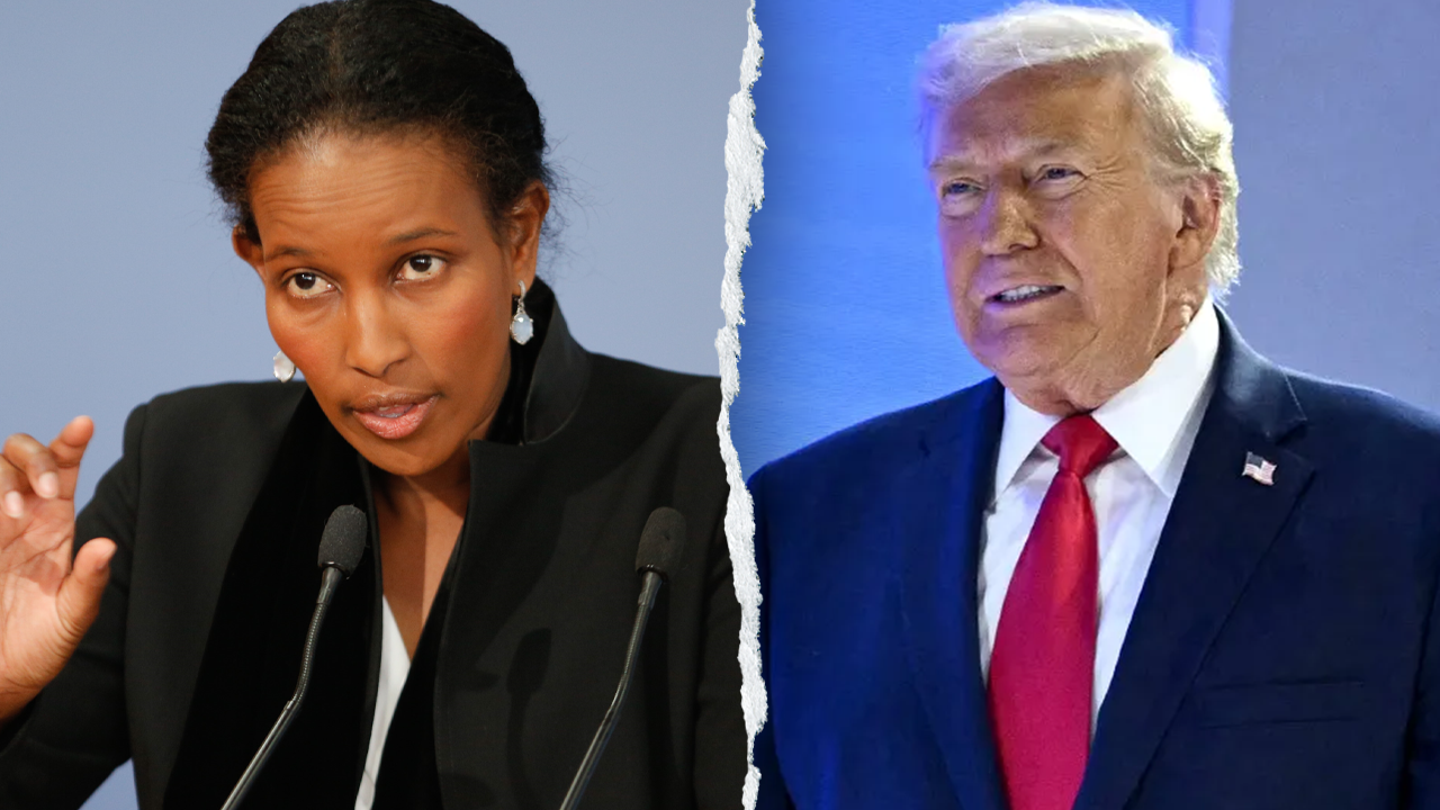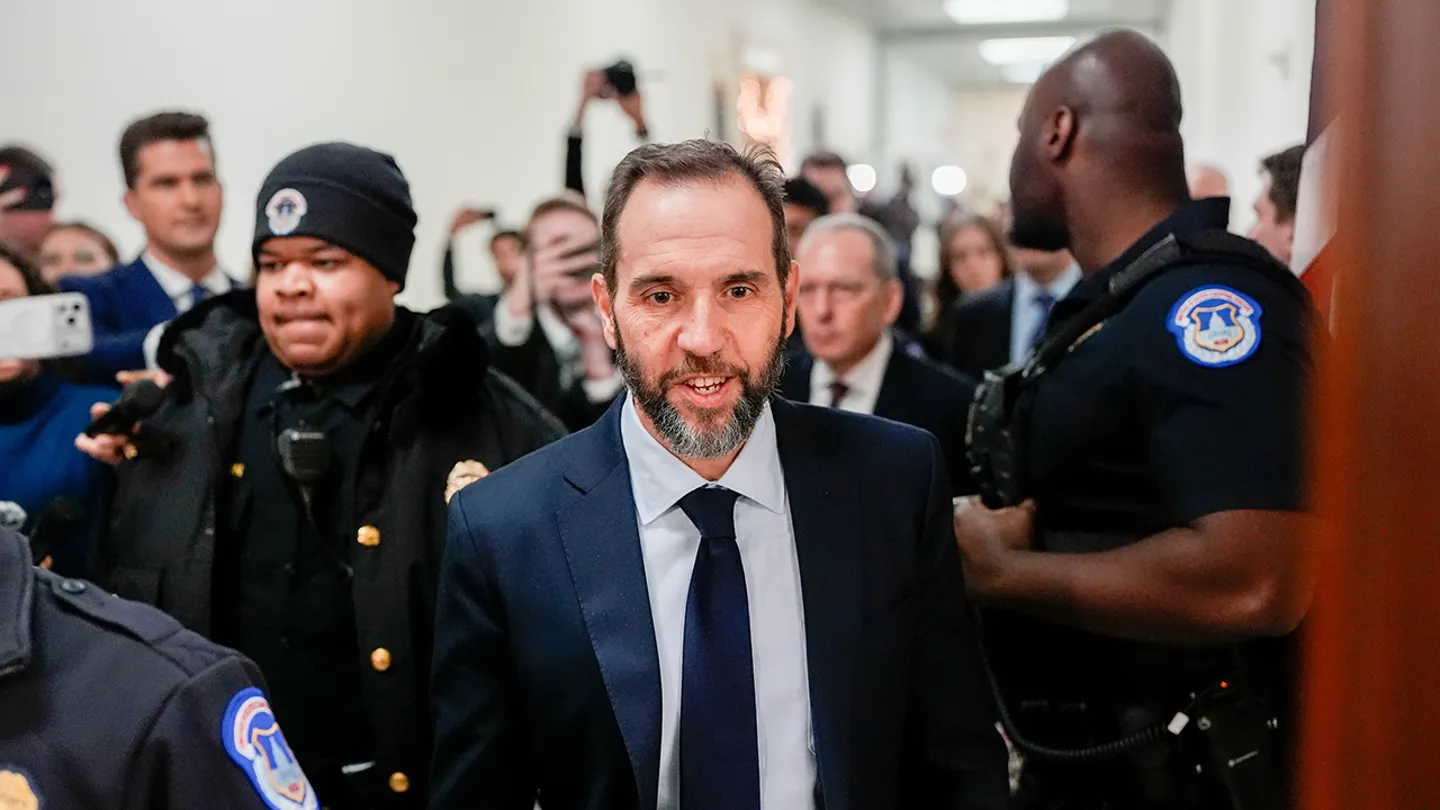Job growth and wages are slowing. Employers added 223,000 jobs in December, the labor department reported on Friday – lower than the average in recent months.
Average hourly wages rose by 4.6% in December, according to Friday’s report. That’s a slowdown from 4.8% in November.
All this is music to the ears of Federal Reserve chair Jerome Powell, because the Fed blames inflation on rising wages. The Fed has been increasing interest rates to slow the economy and thereby reduce the bargaining power of workers to get wage gains.
At his press conference on 14 December announcing the Fed’s latest interest rate hike, Powell warned that “the labor market remains extremely tight, with the unemployment rate near a 50-year low, job vacancies still very high, and wage growth elevated”.
But aren’t higher wages a good thing?
The typical American worker’s wage has been stuck in the mud for four decades.
Most of the gains from a more productive economy have been going to the top – to executives and investors. The richest 10% of Americans now own more than 90% of the value of shares of stock owned by Americans.
Powell’s solution to inflation is to clobber workers even further. He says “the labor market continues to be out of balance, with demand substantially exceeding the supply of available workers”.
But if the demand for workers exceeds the supply, isn’t the answer to pay workers more?
Not according to Powell and the Fed. Their answer is to continue to raise interest rates to slow the economy and put more people out of work, so workers can’t get higher wages. That way, “supply and demand conditions in the labor market [will] come into better balance over time, easing upward pressures on wages and prices,” says Powell.
Putting people out of work is the Fed’s means of reducing workers’ bargaining power and the “upward pressures on wages and prices”.
The US should break up monopolies – not punish working Americans for rising prices




